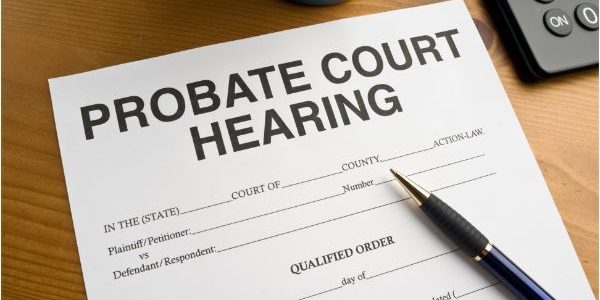Even with the most comprehensive estate planning, it is still a good idea to do a pour-over will. While the bulk of your assets may be distributed without the probate process, any assets not included in the plan, such as your personal effects, money in your individual bank account, or a new car you just didn’t have time to put into your trust will be governed by this pour-over will.
Pour-Over Will Basics
If the bulk of your assets are placed into a trust, then a pour-over will handle any assets that did not make it into the trust. Often the will states that those assets will “pour over” into the trust upon the testator’s death. Those assets, along with others already in the trust, will then be distributed to the trust’s beneficiaries. If your trust has some valuable assets in it, then, on your death, the rest of your assets pour in, reducing the need to remember or be quick about transferring everything into the trust.
In addition to a valid Utah will, the trust that will get the assets from the pour-over will should be executed prior to or at the same time as the will. Then, at your death, whoever is appointed executor of your estate will be responsible for putting all your remaining assets into the trust. At this point, the trustee named in the trust documents is responsible for managing the trust in accordance with your plan and either keeping it in place or distributing the assets to the trust’s beneficiaries.
Pour-Over Wills Still Require Probate
Unlike a trust, assets that will be poured-over into a trust based on a pour-over will still require probate and cannot be distributed immediately. The probate process can take a long time and face complications that a trust is less likely to face. The court will still appoint or approve someone to be the executor of your estate, they will need to take an account of your estate, and then the executor will move assets into the trust as directed by the will.
While estates often contain trusts as well as other mechanisms to pass on your legacy, they will almost always also contain a pour-over will. This document is important to catch anything else you may own that you didn’t know about when you put together the trust or did not contemplate while creating your estate. An experienced trust and estate planning attorney like the team at Dunn Law Firm will work with you to ensure your estate plan is comprehensive and covers a variety of possible scenarios. To learn more, reach out to the Dunn Law Firm by calling (435) 628-5405 to set up a free consultation today.







